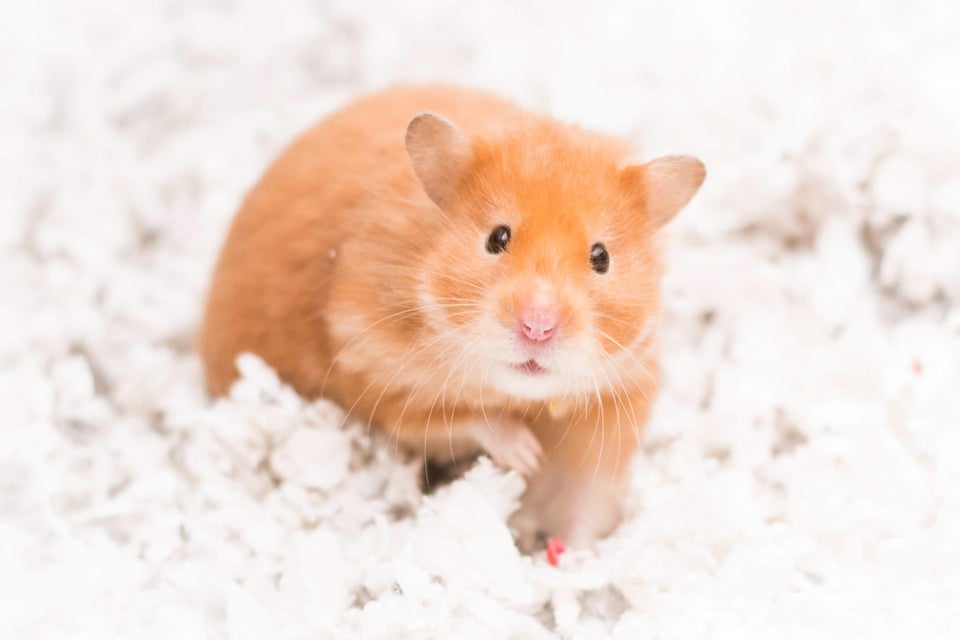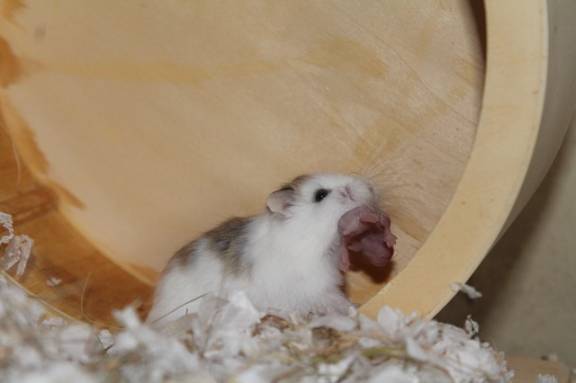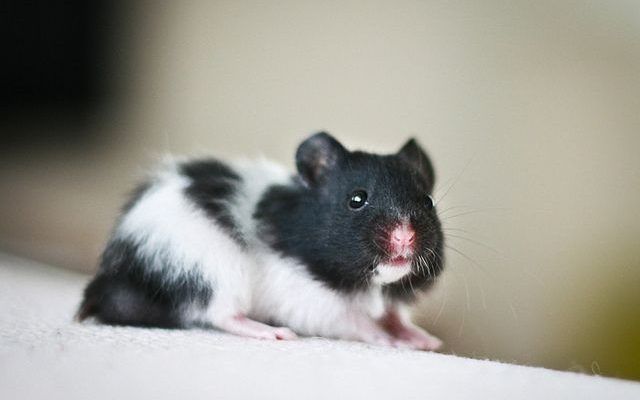Hamsters can be such fun pets to have! People forget that small animals can make great pets, just like dogs and cats. Hamsters are such cute little critters!
Connect with a verified veterinarian in minutes. Licensed vets are available 24/7 to answer your questions. No need to worry about your furry family member.
Sometimes hamster pet parents let their little fur babies out to have fun in the house. That’s OK, but some forget that there may be rodent poison out where the hamster could get it. Rat poison is extremely toxic of for hamsters (and other pets).
What is Rat Poison?
Rat and other rodent poisons are pesticides used to kill rats, mice, and other rodents. Most rodent poisons are made of chemicals that cause blood to thin. In fact, these chemicals are sometimes used in medications after humans have a heart attack or a stroke. You may have heard of one of these meds—it’s called warfarin.
Other chemicals used in rat poison can include:
- Bromadiolone
- Brodifacoum
- Difenacoum
These poisons can take hours, days or even weeks to act. If a hamster’s eaten rat poison, you may not see symptoms right away or even a day or two later. It can take longer before your little fur buddy begins to look sick.
What to Do If Your Hamster’s Eaten Rat Poison
If you know for sure, or even suspect, that your hamster has eaten rat poison, then you need to call the vet right away. This is a medical emergency that may be life-threatening. Fast treatment can save your hammie’s life.
At the vet, they may do a physical exam of your hamster. Then they may treat your hammie with activated charcoal, which is used to bind the poison, to keep it from being absorbed in the digestive system.
Next, because this poison keeps the blood from clotting, the vet will begin treating your hamster with vitamin K. It’s more than likely your fur buddy will need to be treated with vitamin K for several weeks afterward. The most important thing is that your hamster receive treatment as soon as possible.
For hamsters who receive fast treatment, they have an excellent chance of surviving. This is the key to saving your hamster’s life.

Review symptoms, medications & behavior to keep your pets healthy with a Vet Online in just minutes.
Ask a Vet Live NowPrevention is the Best Medicine
The best way to keep your hamster safe is to ensure his environment is free of all toxins or anything else that could make him sick. In addition, it can be helpful to have a special area set aside where your hamster can roam and play safely, rather than letting him run all around your home.
You might consider something like a hamster playpen, which is very popular with rodent pet parents! Just don’t leave him unattended in the pen, as he may decide to chew out! Otherwise, you can fill the playpen with fun toys, boxes, and other things hamsters love! Your fur buddy can still have fun, but be in a completely safe environment, where he won’t be able to eat rat poison.
Connect with a verified veterinarian in minutes. Licensed vets are available 24/7 to answer your questions. No need to worry about your furry family member.

Tom
Tom has always loved to write since he was little - he wanted to be either a writer or a veterinary doctor, but he ended up being a professional writer while most of his works are based on animals. He was born in San Francisco but later moved to Texas to continue his job as a writer. He graduated from the University of San Francisco where he studied biotechnology. He is happily married and a soon to be father!
Review symptoms, medications & behavior to keep your pets healthy with a Vet Online in just minutes.
Ask a Vet Live Now



